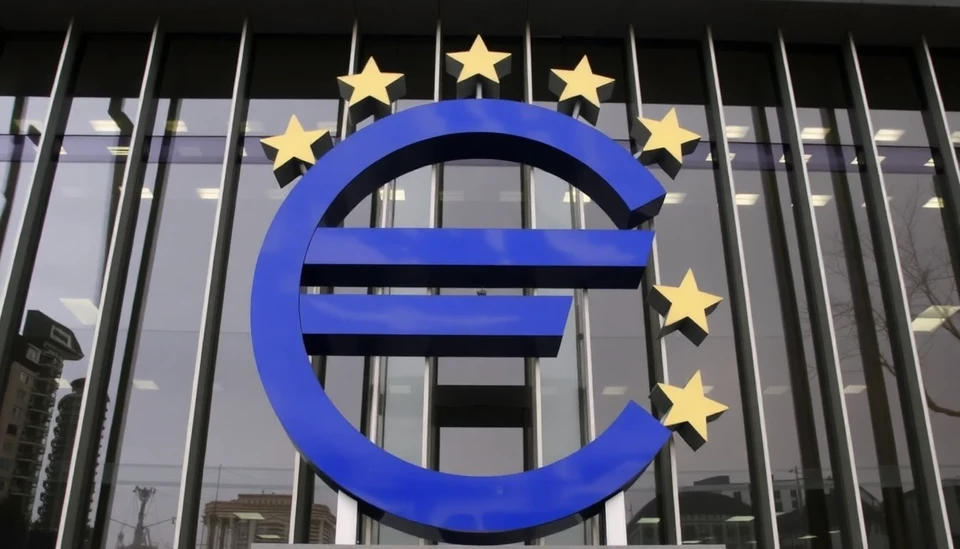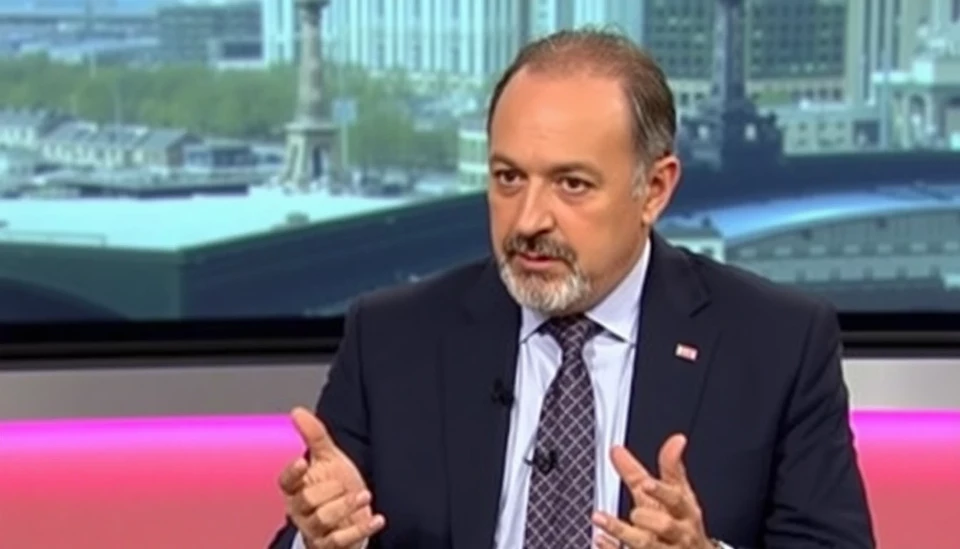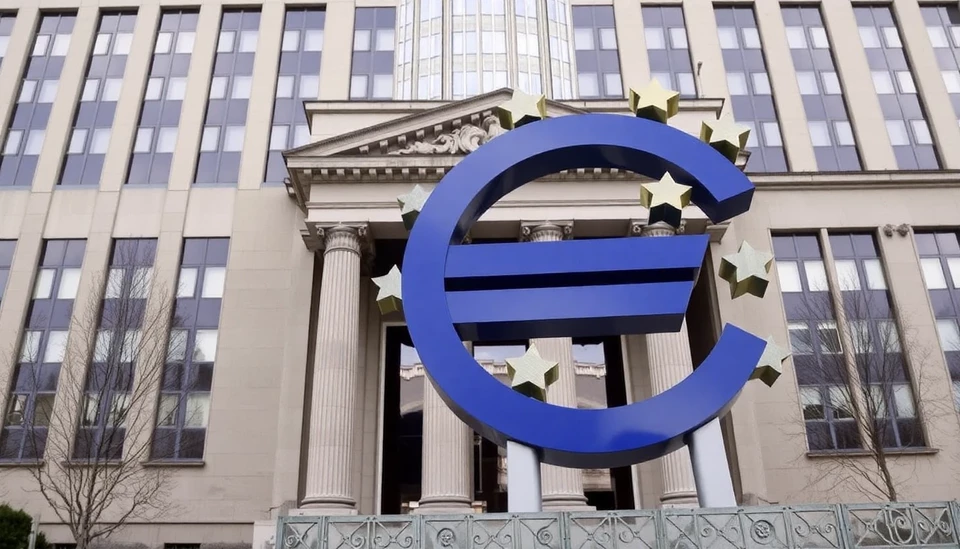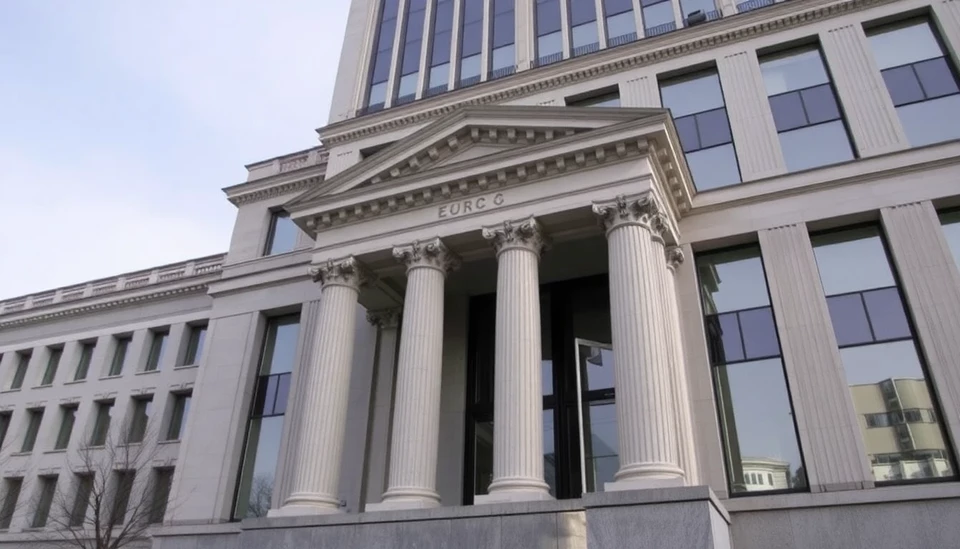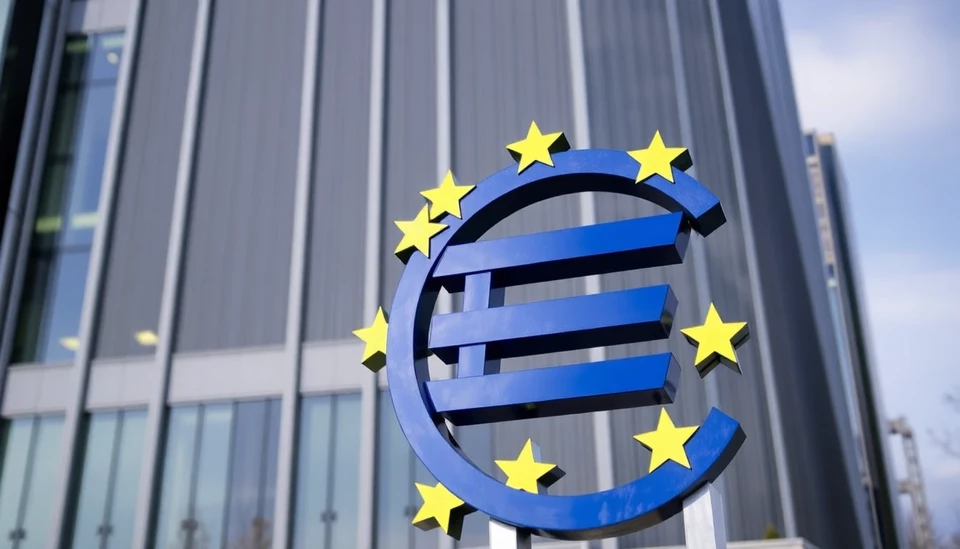
The European Central Bank (ECB) has initiated discussions regarding the potential reduction of interest rates below the neutral level. This deliberation comes as economists and analysts globally are speculating about the future trajectory of monetary policy in response to slowing economic growth and persistent inflationary pressures.
In recent meetings, ECB policymakers have acknowledged the changing economic landscape in Europe, which has been marked by weak economic indicators. Data suggest that the eurozone is grappling with stagnating growth as inflation remains stubbornly high, challenging the bank's previous stance on interest rates.
Neutral interest rates are generally considered the level at which monetary policy neither stimulates nor restrains economic growth. Economists have been debating whether the current rates exceed this neutral zone, particularly in light of recent economic performance. This discussion comes at a critical time as the ECB faces criticism for its handling of inflation and economic support.
Sources within the ECB have indicated that members are weighing the potential need for action if economic conditions do not improve. Some officials believe that a move below the neutral rate could provide necessary stimulus to bolster growth in the region. In contrast, others argue that such a move might exacerbate inflation woes, complicating the current monetary policy narrative.
The debate surrounding these potential changes reflects broader concerns about how effectively central banks can respond to an increasingly complex economic environment. As Europe grapples with a myriad of challenges—including energy supply disruptions, labor market pressures, and external economic shocks—the ECB's forthcoming decisions could have profound implications for the eurozone economy.
In summary, while the ECB remains committed to its primary goal of price stability, the conversations surrounding interest rates highlight the bank's responsiveness to economic indicators. With impending discussions expected to continue in the coming weeks, investors and economists alike will be closely monitoring the ECB's actions and policy adjustments.
As the situation evolves, it remains crucial for stakeholders to stay informed about potential shifts in monetary policy that could impact economic stability across Europe.
#ECB #InterestRates #MonetaryPolicy #EurozoneEconomy #Inflation #EconomicGrowth
Author: Rachel Greene
